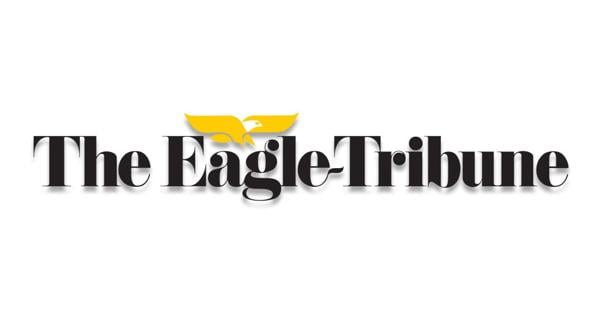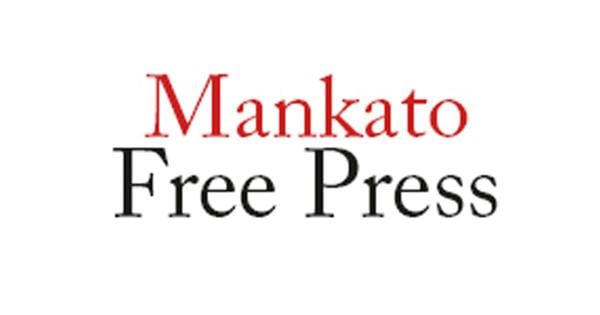Families Face Crisis as Cancer Research Funding Cuts Hit Trials

Families grappling with childhood cancer are facing a critical setback as funding cuts to vital clinical trials threaten access to experimental treatments. Juliette Lesko, a five-year-old battling an incurable brain cancer known as ependymoma, is among those affected. Her father, Jim Lesko, expressed deep concern after learning that a clinical trial in Texas, which offered hope for a different treatment approach, is no longer accepting new patients.
Juliette has endured two brain surgeries, 30 sessions of radiation, and two relapses. She is currently on an experimental drug, but the family awaits the results of an upcoming brain scan to determine its effectiveness. If the scan reveals tumor growth, Jim Lesko knows they will need to explore new options quickly. “It’s like the rug has been pulled out from under us,” he said.
The halted trial was conducted by the Pediatric Brain Tumor Consortium (PBTC), a network that has provided children access to experimental treatments for over two decades. In August, the National Cancer Institute (NCI) announced it would terminate funding for the PBTC as part of broader changes under the Trump administration. This decision has raised alarms among researchers and advocates who warn that cancer research could face significant setbacks, affecting families like the Leskos.
The Department of Health and Human Services (HHS) stated that reallocating resources would enhance trial development, but many in the pediatric cancer community remain skeptical. “Pediatric brain cancer was already a tough problem, and now it’s becoming harder,” said Eugene Hwang, a pediatric neuro-oncologist at Children’s National Hospital in Washington, D.C. He noted that the cuts could diminish the ability to conduct crucial research.
The impact of these funding changes is immediate. Six clinical trials under the PBTC have ceased enrolling new patients, including the trial for Juliette’s treatment. Approximately 15 patients remain enrolled in ongoing studies, but they risk losing access as funding runs out by March 31, 2026. With many trials typically involving 20 to 30 participants, nearly 200 individuals are potentially affected by the sudden halt in enrollment. Additionally, two new trials have been delayed, one of which involves a promising vaccine-based treatment for pediatric brain cancer.
Hwang’s research on a vaccine targeting diffuse intrinsic pontine glioma (DIPG), an aggressive brain cancer, was rated highly by NIH grant reviewers. Despite this, funding is now limited to only the top 4% of proposals due to significant budget cuts. “This means a lot of really good research won’t get funded for the rest of this year,” Hwang explained.
Families and advocates are increasingly frustrated. A letter to the NCI signed by over 1,000 families and supporters of DIPG research lamented the decision to cut funding. “The science is strong. The promise is real,” they wrote, indicating the potential life-saving nature of ongoing research.
Disruptions at the NCI have also left the organization struggling with staffing shortages, leading to a decline in patient recruitment at the NIH hospital, where treatments for both adults and children are provided at no cost. The acting CEO highlighted these challenges during a recent board meeting.
The Trump administration’s approach to funding has raised concerns about the future of research, especially for pediatric cancer. Grants that promote diversity, equity, and inclusion have been suspended, impacting studies that address critical health disparities among minority populations. Some pediatric cancer grants, such as those focused on the relationship between chemotherapy drugs and heart failure in Black childhood cancer survivors, have been affected by these cuts.
For families like the Leskos, these policy changes feel like a loss of hope. Earlier this year, President Trump spotlighted a 13-year-old child with a similar diagnosis during a congressional address, declaring the fight against increasing childhood cancer rates a national priority. Jim Lesko found initial comfort in this acknowledgment, but the recent funding cuts have eroded that hope.
“It’s more insulting than hurtful,” he stated, reflecting on the swift change in their situation. “It’s insulting to us, who just want to give our daughter the best chance to live.”
As a response to the funding cuts, the National Brain Tumor Society plans to submit a petition to the NCI, aiming to gather more support and reconsider the decision to defund the PBTC. The future of pediatric cancer research hangs in the balance, impacting countless families who are desperately seeking answers and treatments.






